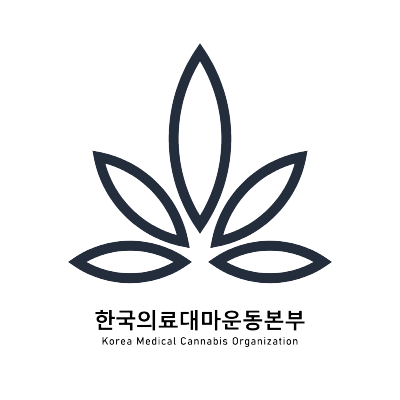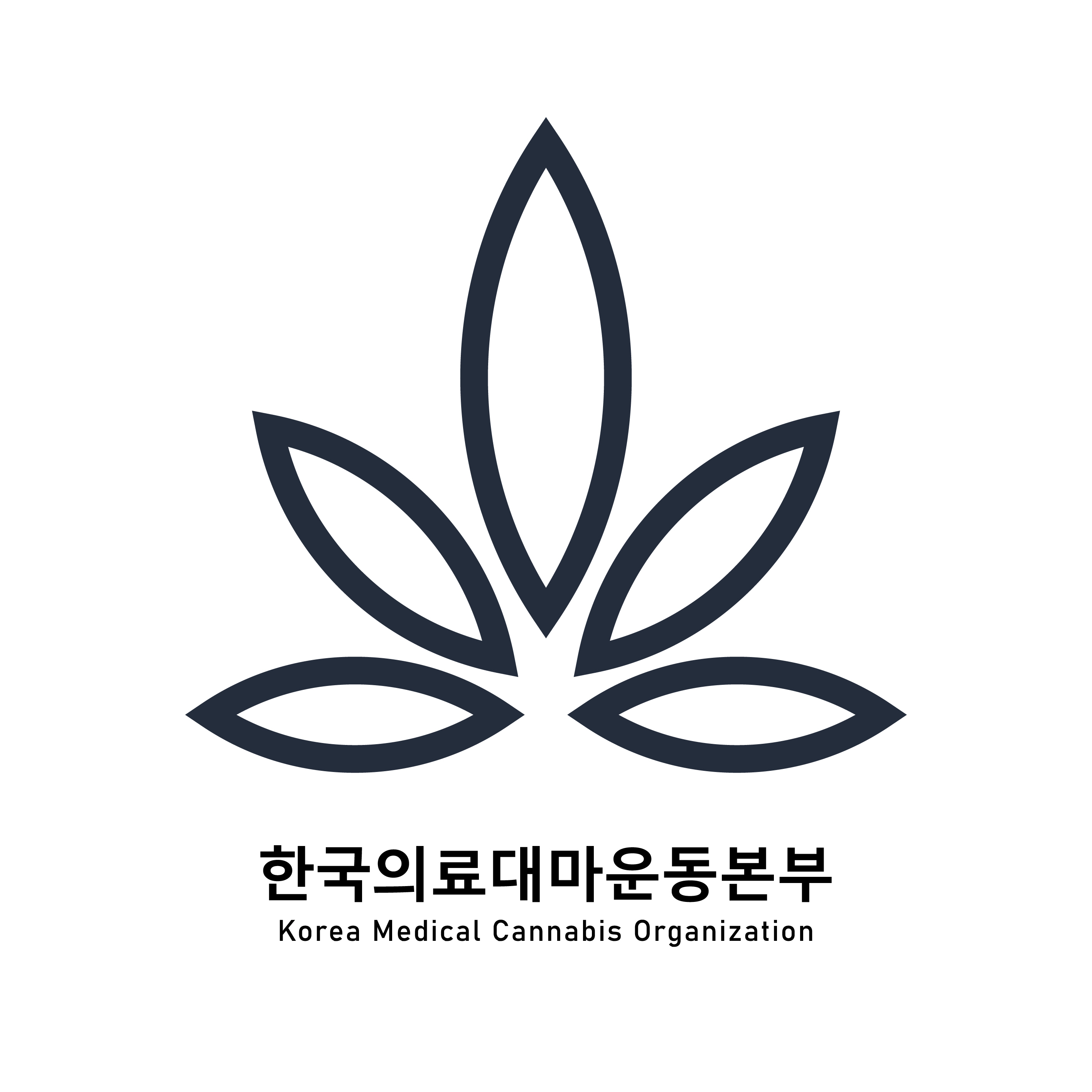Korea has been one of the countries that cracked down on marijuana users most harshly. There still are quite a few news stories about celebrities and ordinary people being caught for smoking hashish.
The global trends toward greater tolerance of the use of marijuana not just for the medical but recreational purpose have yet to land in this country.
Progress regarding marijuana is being made rapidly abroad. As of now, 47 U.S. states have laws permitting or decriminalizing marijuana or marijuana-based products, and Canada has become the second nation in the world to legalize weed.
In Europe, EU member states have been closely monitoring Germany’s progress in the legalization of medical cannabis and are now following suit. In Latin America, Uruguay is the first country to legalize marijuana with Mexico planning to legalize hemp. In the case of Asia, China and Japan have begun to recognize therapeutic substances derived from Cannabidiol (CBD).
All this has been a story of far-away land at least so far.
That may change sooner or later. A group of civic activists has been staging a tug-of-war with the Ministry of Food and Drug Safety over legalizing medical marijuana in Korea.
The dispute started after the ministry, in light of global trends, submitted a bill to the National Assembly that calls for allowing patients with rare and incurable diseases and with no other treatment options to import and use marijuana-derived drugs approved by the U.S. Food and Drug Administration.
Under the revised bill, rare disease patients can import approved drugs such as Epidiolex by submitting a medication report issued by doctors to the Rare Essential Medicines Center (REMC).
However, Korea Medical Cannabis Organization, the non-profit group pushing for the legalization of medical marijuana, believes that the bill will not be of much help to patients who such treatments.
“The new policy is flawed,” said Kang Sung-seok, a key member of KCA. “The ministry’s moves did not take into account the views of patients and their families that need the treatment.”
One of the biggest problems is that any drugs supplied by REMC do not get any insurance benefits.
“No insurance coverage means that patients would need to purchase the drugs at a price set by pharmaceutical companies, which could result in heavy financial burdens,” Kang said.
The group says that the ministry can quickly solve this problem by following the global trends on allowing CBD oil, a health supplement that uses CBD extracts, more commonly known as medical marijuana.
“We find it hard to understand why Korea should be one of the few nations that won’t acknowledge the similarity between the CBD oil and FDA-approved drugs,” Kang noted. “Many foreign countries are already using CBD oil, with neighboring countries such as China and Japan also selling the product on its online malls.”
In the case of Japan, patients can purchase a 500 ml bottle of CBD oil for $100 on various internet shopping sites, while Chinese shopping malls also sell a 30 ml bottle of CBD oil for $30, he added.
The ministry is adamantly sticking to its decision, however.
“We submitted our bill after closely following the global research and findings regarding CBD,” a ministry official told Korea Biomedical Review over the phone. “However, our decision is not for providing financial benefits to pharmaceutical companies but for providing safe drugs for patients.”
The official noted that it is also well aware of concerns over the drugs price.
“As of now, however, there is no way of knowing how much the drug will cost here as the treatments have only been approved in the U.S. and the price has not been set there, either,” he added.
The official, who wanted to remain anonymous for policy reasons, also noted there are little similarities between CBD oil-based health supplements, which are being sold in China and Japan, and CBD-refined pharmaceuticals.
“Health supplements are not a treatment,” the official noted. “It may help a person’s well-being, but the fact they are a food supplement does not change.”
For it to become a treatment, it has to go through sufficient research such as in-vivo and in-veto studies, and clinical trials, he added.
Political hurdle remains
Although they disagree on the range of products that should be allowed, both the ministry and the group agree there is a need for CBD-derived treatment in Korea.
The final hurdle to legislating the ministry’s proposed bill to allow marijuana-derived drugs is to convince the National Assembly, which struck down a similar bill in 2015.
“Many politicians opposed the legalization without giving the people a plausible reason,” Kang said. “They argued that they feared the approval would spread illegal use of marijuana, emphasizing the substance have been a controlled narcotic for the past few decades.”
However, the group is hopeful this time around as some politicians have recently changed their stance toward CBD, Kang added. The ministry official also said that the agency plans to do its best to convince lawmakers that the bill can help patients that have no other alternative treatment option.
“The new bill will strengthen the safety net for social minorities, such as those with rare diseases,” the ministry official said.
However, the ministry distanced itself from the group’s remarks on legalizing hemp-derived drugs as a whole.
“For full domestic approval for hemp-containing drugs, we plan to earn the approval of the general public before considering moving toward to legalize all substances,” he said.
The KCA plans to conduct clinical trials that can scientifically prove the therapeutic benefits of marijuana and use the data to convince both the public and the politicians.
“The government keeps repeating that there are no clinical studies that can prove the efficacy of marijuana in Korea,” KCA President Kwon Yong-hyun said. “Since no institutions have come forth to take this role, our group plans to run a pilot project that will prove marijuana’s therapeutic properties.”
http://www.koreabiomed.com/news/articleView.html?idxno=3984


최근 댓글